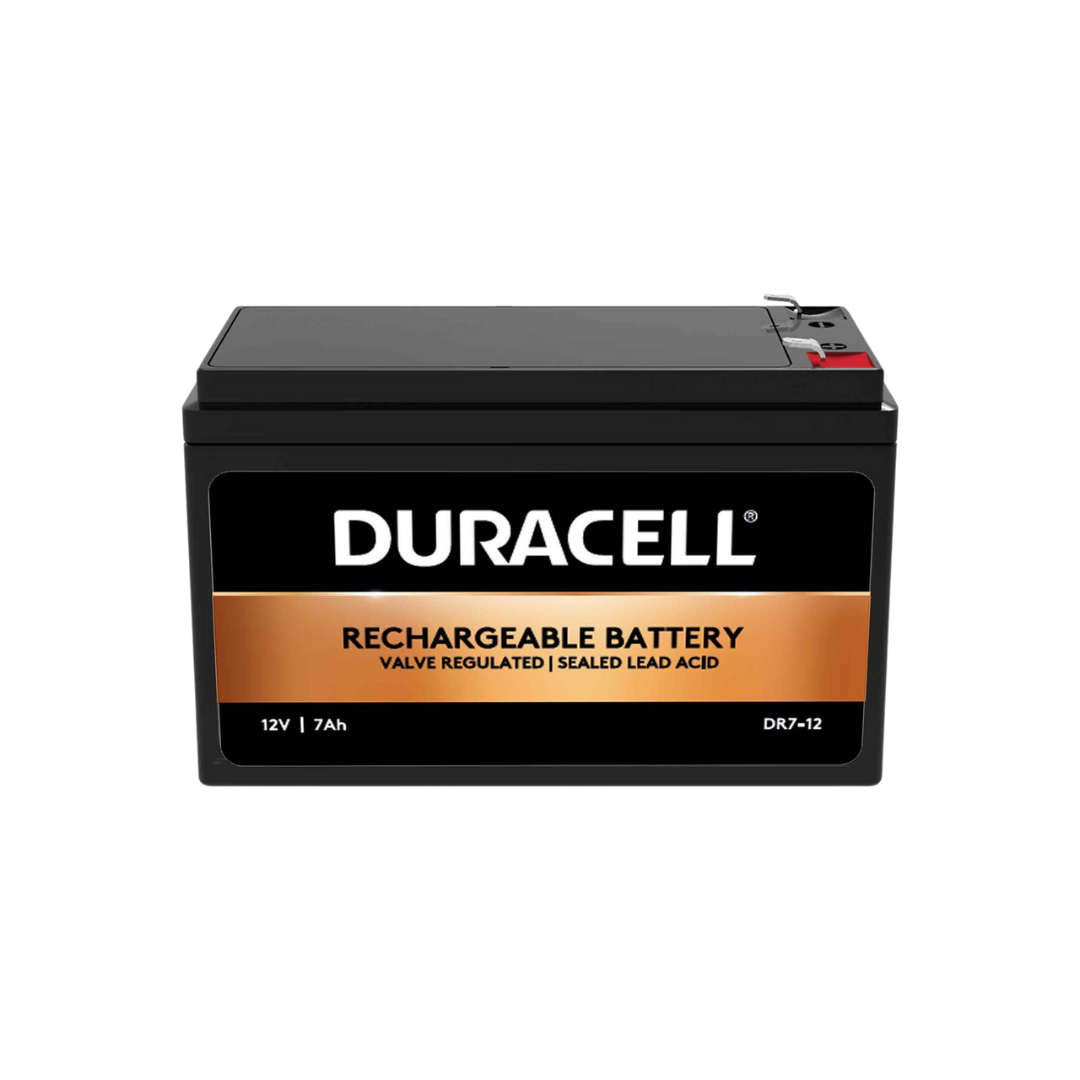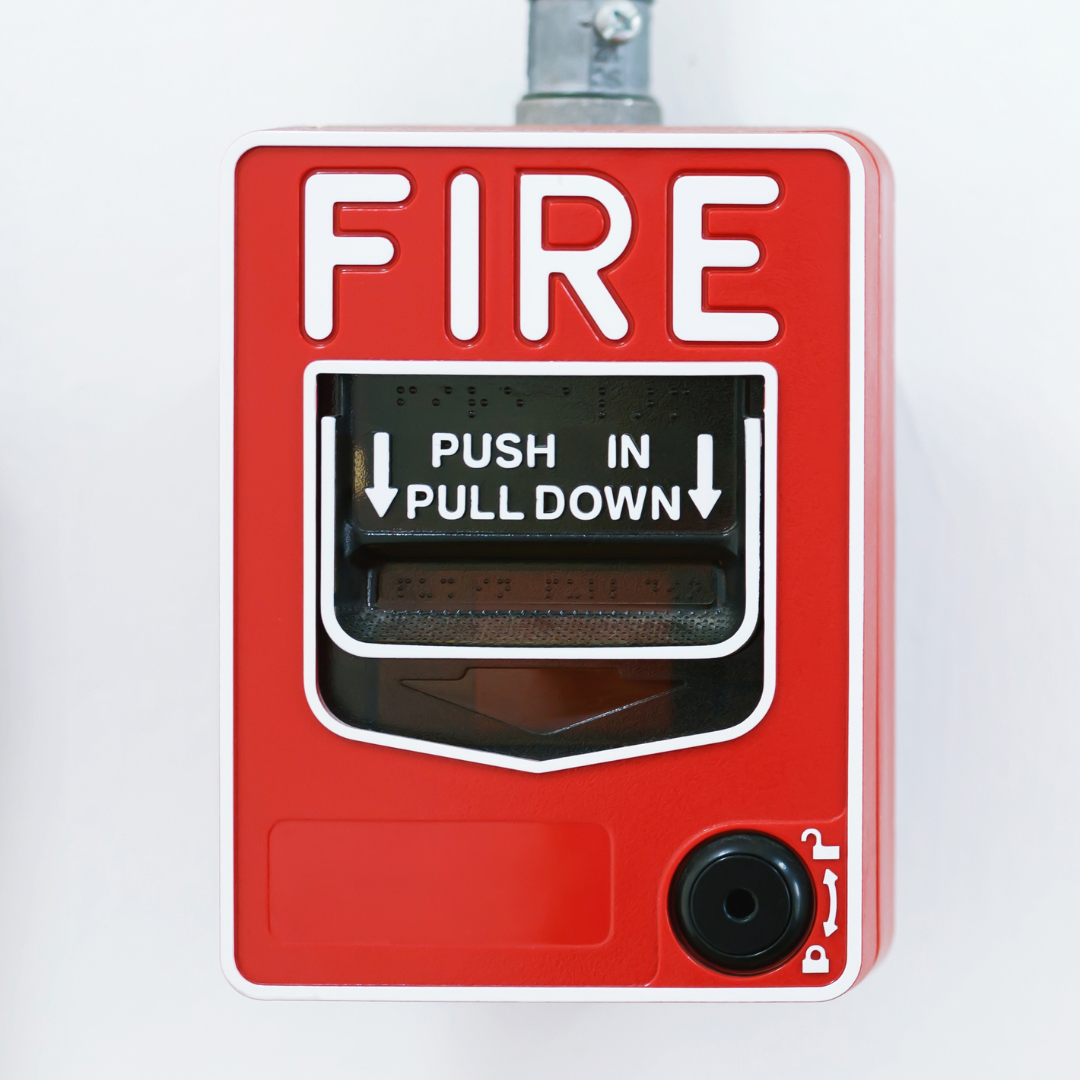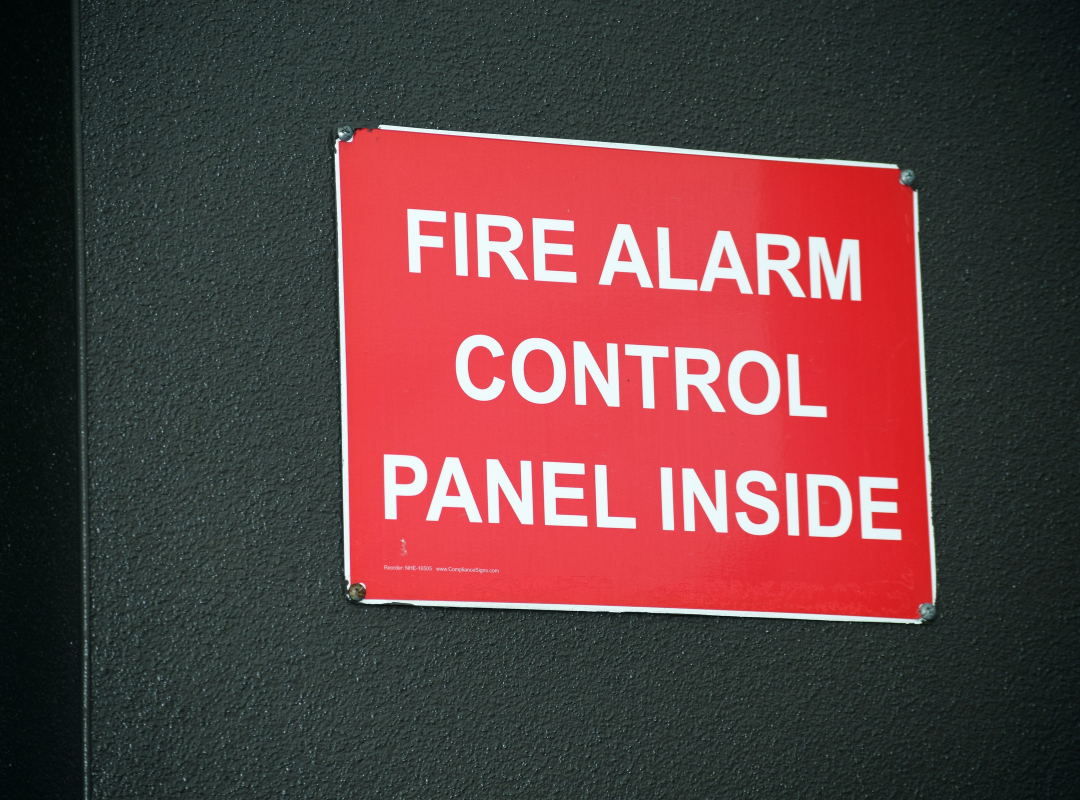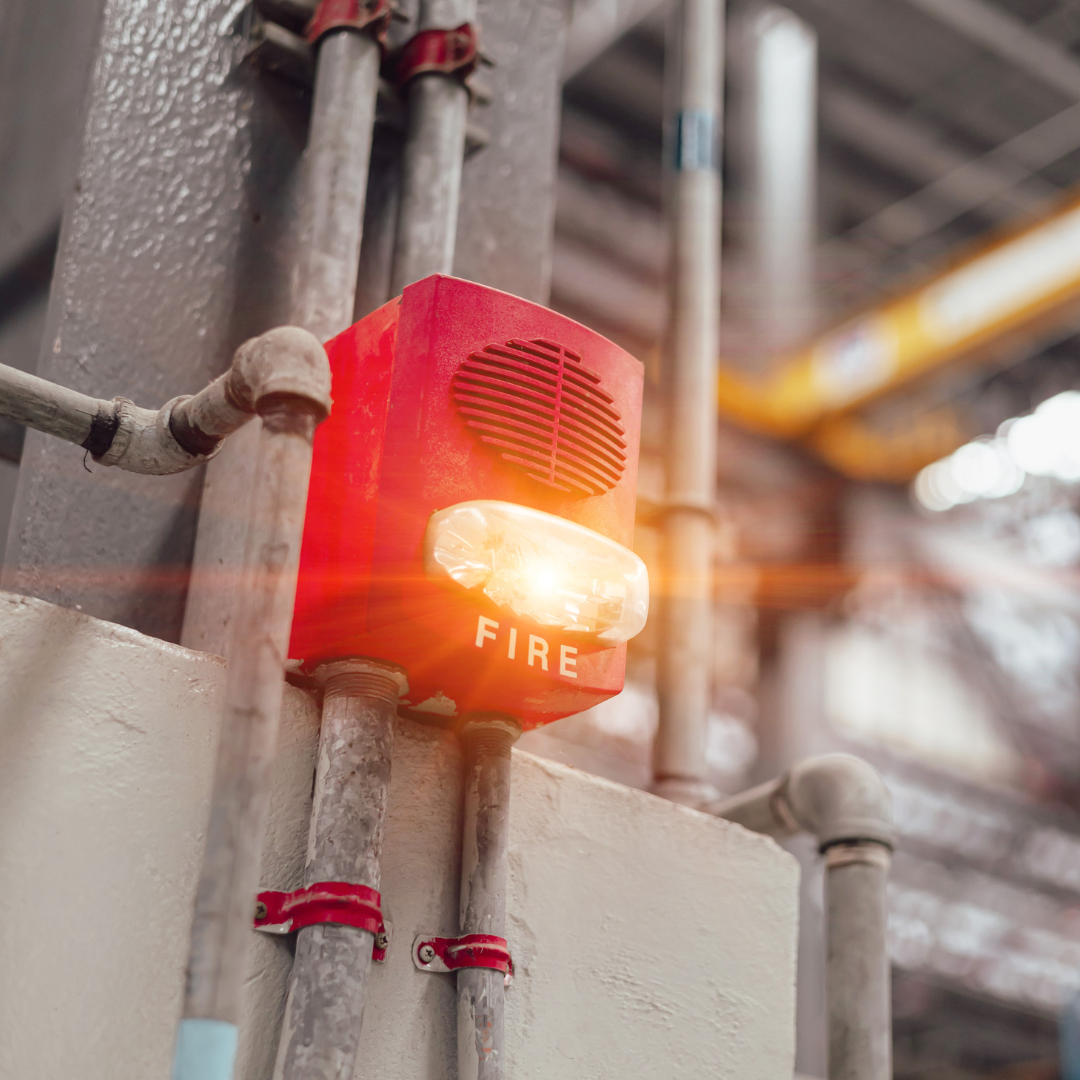FIRE ALARM SYSTEMS
INSPECTIONS, SALES, SERVICE, AND MAINTENANCE
DETECTION. PROTECTION. COMPLIANCE.
A properly functioning fire alarm system is one of the most critical life safety systems in any commercial, industrial, or multi-residential building.
It’s not just about compliance—it’s about early detection, fast response, and protecting what matters most.
At Regional Fire, we provide full-service fire alarm inspections, maintenance, and installations in partnership with trusted, certified fire alarm technicians across Southern Ontario.
By working with companies we know and trust, we ensure our clients receive reliable, high-quality fire alarm services that meet all applicable codes and standards.
ANNUAL FIRE ALARM SYSTEM INSPECTIONS
Under the Ontario Fire Code, all fire alarm systems must be inspected at least once per year by a certified technician.
These inspections are essential for identifying faults, verifying system functionality, and ensuring compliance with CAN/ULC-S536 standards.
What’s Included in an Annual Fire Alarm Inspection?
-
Testing all smoke, heat, and manual detection devices
-
Verifying proper operation of all devices
-
Checking the building’s fire alarm control panel (FACP) for faults or supervisory signals
-
Confirming proper zone labelling and panel programming
-
Testing backup batteries and power supplies
-
Inspecting connections to emergency monitoring or dispatch services
-
Detailed documentation and test report for fire officials or insurance providers
FIRE ALARM DEVICES

SMOKE DETECTORS
-
Photoelectric Smoke Detectors – Detect slow, smouldering fires by sensing changes in light caused by smoke particles.
-
Ionization Smoke Detectors – Better suited for fast-flaming fires by detecting changes in ion flow between charged plates.

HEAT DETECTORS
-
Fixed Temperature Detectors – Activate when the air temperature rises above a preset threshold (e.g., 135°F / 57°C).
-
Rate-of-Rise Detectors – Trigger when the temperature increases rapidly within a short period.

MANUAL PULL STATIONS
-
Manual Activation Points – Allow occupants to sound the fire alarm by pulling a lever in the event of a fire.
-
Accessible Locations – Typically installed near building exits, stairwells, and along main egress routes.

FIRE ALARM CONTROL PANEL
-
System Command Center – Receives input from detectors, monitors system status, and initiates alerts.
-
Displays Zone Status – Identifies alarm locations, trouble signals, and supervisory conditions.
-
Programmable Logic – Can be configured to trigger specific actions such as door releases or elevator recall.

ANNUNCIATOR PANELS
-
Remote Status Displays – Mirror the information from the FACP and are typically mounted at building entrances.
-
Assist First Responders – Allow firefighters and staff to quickly identify alarm locations and system faults.
-
Required in Larger Buildings – Especially useful in facilities with multiple zones or complex layouts.

NOTIFICATION APPLIANCES
-
Audible Alerts – Horns, bells, or speakers emit loud tones or messages to signal an emergency.
-
Visual Alerts – Flashing strobes help alert hearing-impaired occupants or those in noisy environments.

MONITORING MODULES
-
Off-Site Communication Devices – Automatically notify a third-party monitoring service or fire dispatch when an alarm is triggered.
-
Required for 24/7 Protection – Ensures emergency response even when the building is unoccupied.

BACKUP BATTERIES AND POWER SUPPLIES
-
Uninterrupted Power Supply (UPS) – Keeps the system running during power outages.
-
Required Testing – Batteries must be inspected, tested, and replaced as needed per CAN/ULC-S536.
FIRE ALARM SYSTEM INSTALLATIONS
Opening a New Business? Let’s Get You Protected
Whether you’re outfitting a brand-new building or retrofitting an existing space, early detection systems are not just a regulatory requirement—they’re critical to protecting lives, property, and operations.
Expanding or Renovating?
If you’re changing your floor plan, adding square footage, or repurposing a building, your fire alarm system may need to be redesigned or expanded to maintain compliance.
-
Updating system zones to reflect new layouts
-
Installing additional detectors, strobes, or pull stations
-
Reprogramming or replacing outdated control panels
-
Ensuring proper integration with monitoring and emergency systems
Why Choose Regional Fire for Your System Installation?
We manage your project from start to finish—design, compliance, coordination, and installation.
-
Custom system design tailored to your building’s layout
-
Fully code-compliant installations
-
Meeting NFPA 72 and CAN/ULC-S524 standards
-
Seamless integration with monitoring services and other life safety systems
HELP! MY FIRE ALARM SYSTEM KEEPS GOING OFF
Whether your fire alarm system was triggered by smoke, heat, dust, or a faulty detector, you’re now dealing with an active alarm or system fault that needs attention.
Until the issue is diagnosed and resolved, your building may be non-compliant with fire code—and vulnerable in the event of a real emergency.
What to Do if Your Fire Alarm System Activated:
Call Regional Fire immediately.
We’ll coordinate a certified technician to investigate the issue, reset the system, and restore full functionality.
Do NOT attempt to silence or reset the panel yourself.
Without a proper inspection, this can mask underlying issues and result in code violations or system failure.
Schedule a follow-up inspection.
A full system test will confirm that all devices are operating properly and that no faults remain.
24/7 Fire Alarm System Services
Issues don’t stick to regular hours—and neither do we.
We offer 24/7 emergency fire alarm support to quickly diagnose and resolve system faults, alarm activations, or trouble signals—keeping your facility compliant and protected, day or night.
We Respond Fast to Common Fire Alarm Emergencies, Including:
-
Sudden alarm activations or system false alarms
-
Panel trouble signals, faults, or supervisory alerts
-
Damaged or malfunctioning smoke and heat detectors
-
Power supply or battery backup failures
-
Monitoring communication errors or disconnections
-
Post-alarm resets and emergency service coordination
Our certified technicians work fast to get your fire alarm system in service so you can stay compliant.
Who Needs Fire Alarm System Inspections?
What You Receive After the Inspection
After completing your fire alarm system inspection, Regional Fire provides detailed digital reports and compliance documentation to keep your building fully up to code. Our reports clearly outline the condition of your system, any deficiencies found, and the next steps to maintain compliance.
We use mobile devices to document findings in real-time, allowing us to send inspection reports directly to you, your fire inspector, or your insurance provider—fast and hassle-free.
1. Detailed Digital Inspection Reports
-
A full breakdown of your fire alarm system’s condition, including detector functionality, control panel status, and notification appliance performance
-
Clear identification of any code violations or system deficiencies
-
Notes outlining required corrective actions, organized by urgency
-
Compatible with CAN/ULC-S536 documentation standards
2. On-Site Maintenance & Minor Repairs
In many cases, our certified partners can complete minor repairs on-site during the inspection. These include:
-
Replacing defective detectors, strobes, or pull stations
-
Resetting system faults or supervisory signals
-
Replacing backup batteries or power modules
For major repairs, upgrades, or panel reprogramming, we’ll coordinate a follow-up visit at your convenience.
3. Certification of Compliance Upon Request
-
Official documentation confirming that your fire alarm system meets Ontario Fire Code and ULC requirements
-
Provided for fire inspectors, insurance audits, and internal safety records
-
Delivered digitally for easy storage and accessibility
Simplified Compliance. Instant Documentation.
Our digital reporting process makes fire code compliance faster, easier, and paper-free. Whether you’re preparing for a routine inspection or responding to an urgent request, Regional Fire ensures you’re ready—with no stress, no delays, and no surprises.
Stay compliant and protect your business—schedule your fire alarm system inspection with Regional Fire today!





